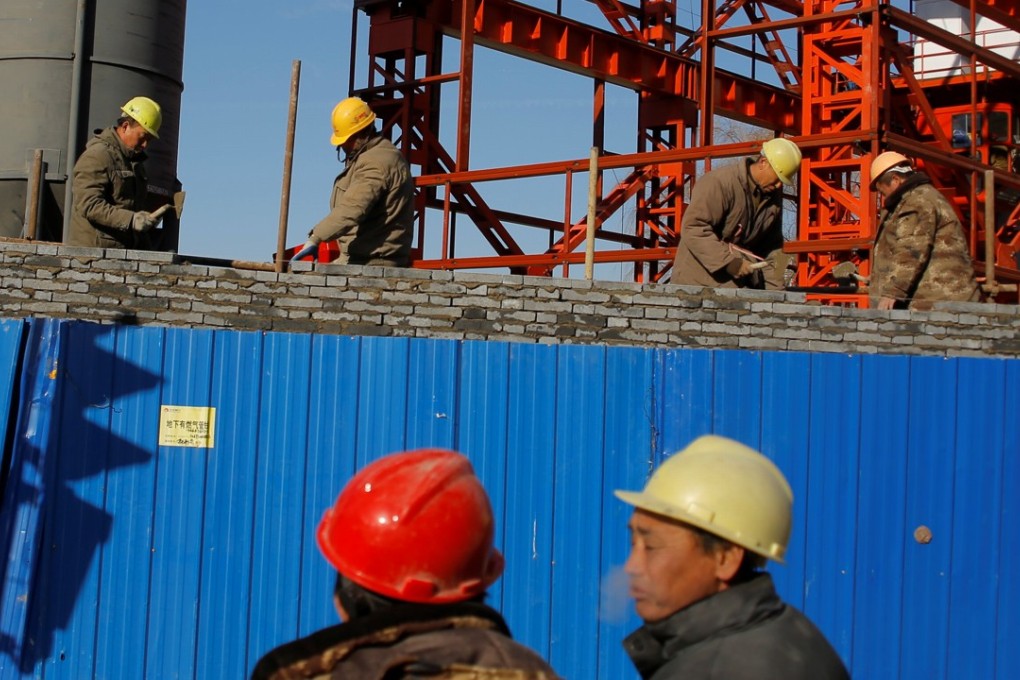Beijing warns of ‘grim’ bond default risks as it orders local government checks
Authorities told to carry out assessments on likelihood of corporate defaults

China’s economic planning agency has asked local governments to check their corporate bond default risks as it forecast a challenging year ahead.
“In 2018, the overall pressure of repayment on corporate debt is still high, and credit risks in the bond market remain grim,” the National Development and Reform Commission (NDRC) said in a notice that was dated a month earlier but only published on Friday. “In particular, a few bond defaults have already generated negative impacts on regional financial ecosystems.”
China had a total of about 12 billion yuan (US$1.84 billion) in corporate bond defaults in 2017 – a significant drop from last year’s 40 billion yuan. At the same time, companies that failed to repay their debts this year were concentrated in particular areas, such as the northeastern rust-belt province Liaoning.
It is not the first time that Beijing has ordered local authorities to carry out assessments on the likelihood of corporate bond defaults. But it comes after a series of bond defaults by some big Chinese companies hit the headlines on the mainland this year, and amid fears that the corporate debt burden on the economy will not improve any time soon.
Key aspects of the checks include whether bond issuers and underwriters have disclosed the required information and whether any change in the use of capital raised through bonds complies with regulations, according to NDRC notice.